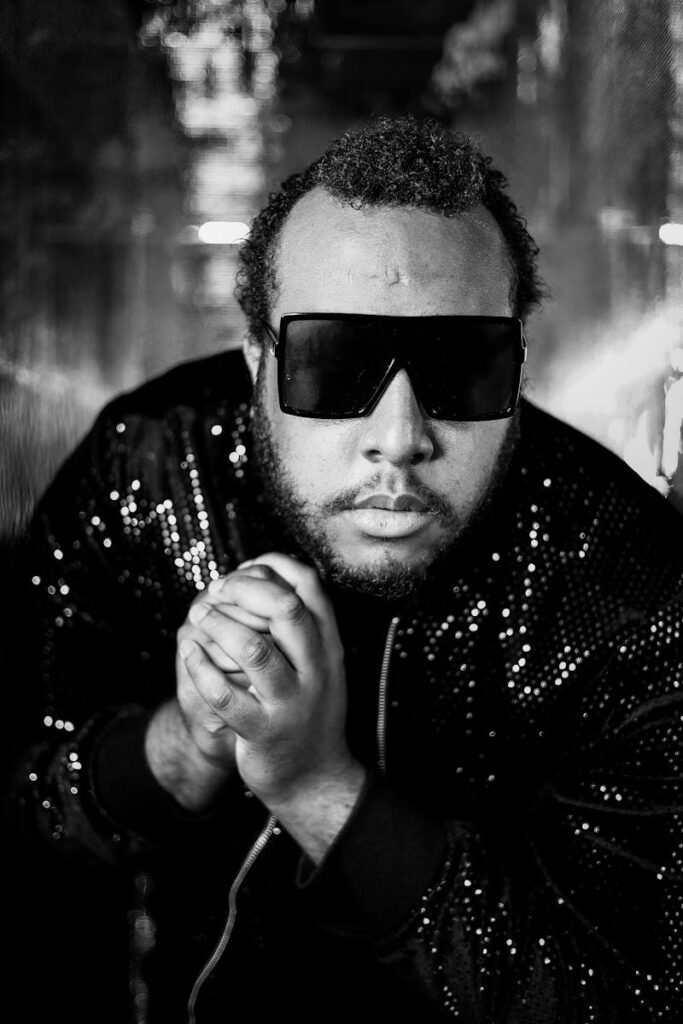
Alright, let’s be real. The relationship between a pop star and their fans is usually a beautiful symphony of mutual adoration, flashing lights, and singalongs that could shake an arena. Fans shower their idols with love, loyalty, and, let’s not forget, cold hard cash for tickets and merch. In return, artists are supposed to deliver an unforgettable performance, a night of pure magic that makes all those hard-earned dollars and hours of anticipation totally worth it.
But what happens when that harmonious relationship hits a sour note? When the stage lights dim not for a triumphant encore, but for a courtroom drama? Believe it or not, the world of pop music isn’t just about chart-topping hits and sell-out tours. Sometimes, the curtain falls on a concert, and instead of cheers, you hear the ominous rustle of legal documents. Yes, we’re talking about fans who got so fed up, so utterly disappointed, that they decided the only way to express themselves was through a lawsuit.
It’s a wild ride, isn’t it? From alleged rockstar antics gone wrong to unexpected physical damage and even accusations of false advertising, fans have pulled out all the stops when they felt their concert experience was less than stellar. So grab your popcorn (and maybe a lawyer’s business card, just kidding!), because we’re taking a deep dive into some truly unbelievable instances where the show *didn’t* go on as planned, and the fans decided to sue.
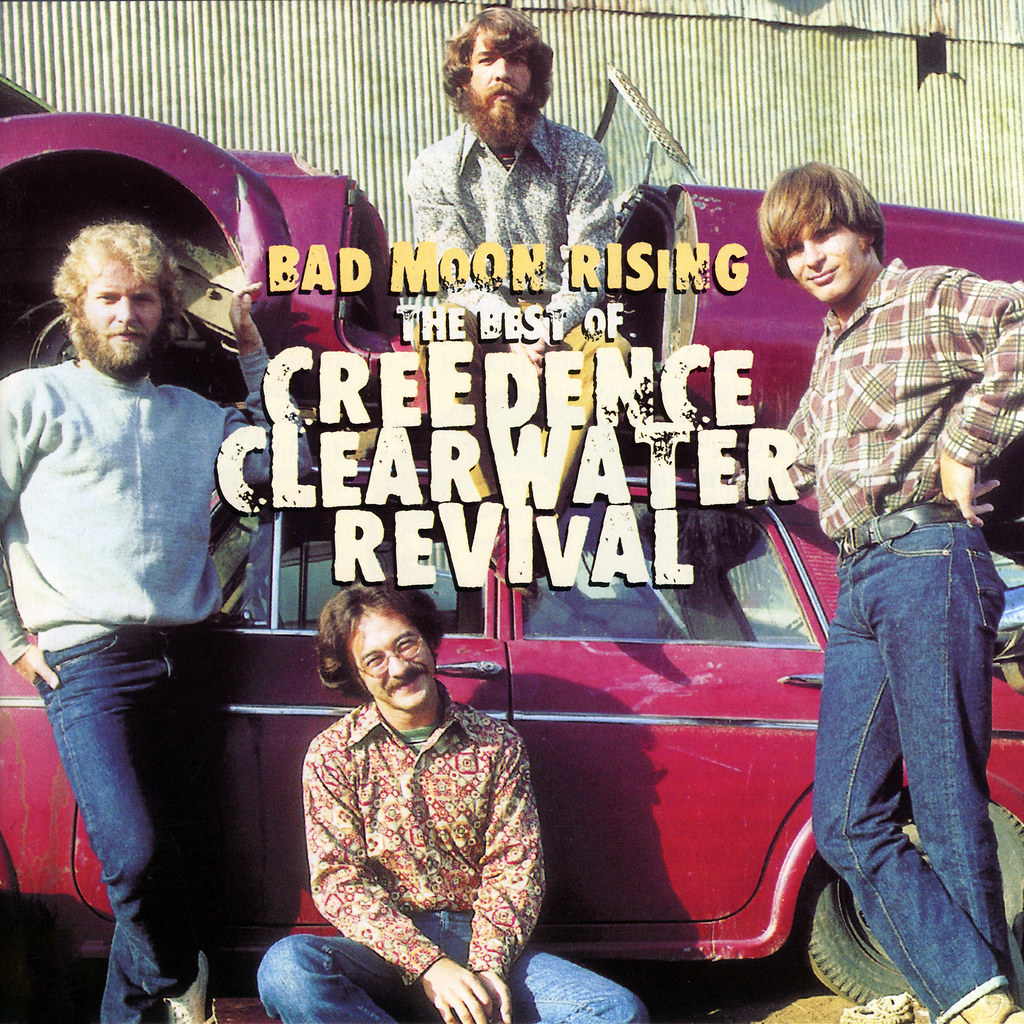
1. **Creed’s Infamous Performance Lawsuit**Ah, Creed. Love them or, well, have them voted the worst band of the 1990s, they certainly left a mark on the music scene. But in 2003, they left a different kind of mark – one that involved a $2 million lawsuit from four disgruntled fans. The backstory? A December 2002 concert near Chicago that, according to the concertgoers, was spectacularly bad. Talk about a tough crowd!
Philip and Linda Berenz, along with Wendy and Chad Costino, were the quartet who decided enough was enough. Their lawsuit alleged that lead singer Scott Stapp was so “intoxicated and/or medicated that he was unable to sing the lyrics of a single Creed song” during the show, per MTV News. Imagine paying good money to hear your favorite songs, only for the lead singer to allegedly be rolling around on the ground and repeatedly leaving the stage. That’s certainly not the rock anthem experience you sign up for.
For his part, Scott Stapp denied being intoxicated during the performance. The band, however, did issue an apology to their fans via email, attributing Stapp’s behavior to their grueling touring schedule. They even tried to put a positive spin on it, suggesting fans should “take solace” in having witnessed the “most unique of all Creed shows.” Unique might be one word for it, but the fans who filed the lawsuit clearly had another in mind: disappointing.
Despite the band’s defense and unique spin, they still had to fight the legal action. Ultimately, an Illinois judge dismissed the $2 million lawsuit a few months later. Still, the incident serves as a stark reminder that even multi-million-selling bands aren’t immune to fan backlash when expectations aren’t met on stage.

2. **Justin Bieber’s Screaming Fan Saga**When you go to a pop concert, you expect some noise, right? Loud music, enthusiastic cheers, maybe a little bit of screaming. But for one Oregon woman, a Justin Bieber concert in Portland in 2010 allegedly turned into a nightmare of permanent hearing loss, not because of the music itself, but because of the sheer volume of his devoted fans, affectionately known as Bieliebers.
In 2012, Stacy Wilson Betts sued Justin Bieber, his record company, a promoter, and the venue owners, seeking a staggering $9.2 million. Her claim? She sustained permanent hearing loss in both ears. What makes this case truly unique is the alleged culprit: the screaming of Bieber’s fans. It seems the collective adoration of the Bieliebers created an unexpected sonic weapon.
According to the suit, Bieber himself played a part in inciting the ear-splitting frenzy. During the show, he flew over the crowd in a heart-shaped gondola, and allegedly created “a wave-like effect of screaming by pointing into various sections of the arena, then enticed the crowd into a frenzy of screams by continuously waving his arms in a quick and upward motion.” It’s one thing to get a crowd hyped, but to allegedly cause hearing damage from the resulting screams? That’s a whole new level of fan engagement.
Interestingly, Stacy Wilson Betts dropped her case just five months later, not because she believed it lacked merit, but simply because she couldn’t secure a lawyer. This bizarre case highlights the unexpected and sometimes extreme ways a concert experience can go sideways, proving that the dangers aren’t always where you expect them to be, and sometimes, a fan’s devotion can be truly deafening.
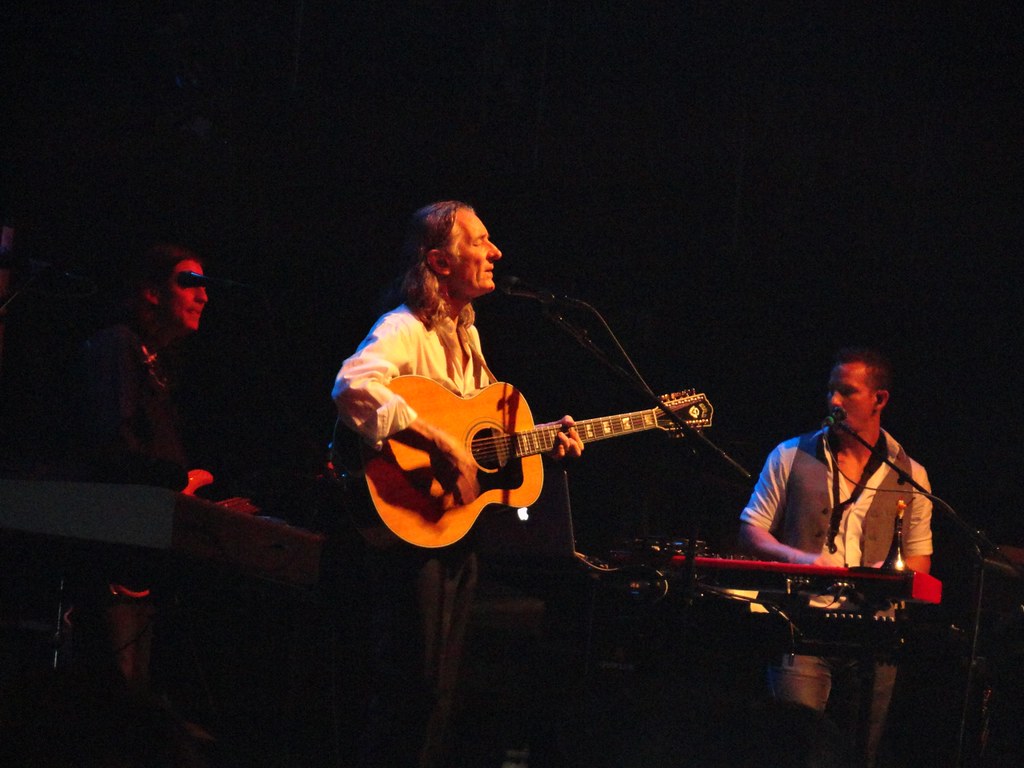
3. **Tool’s Repetitive Setlist Controversy**Imagine shelling out a substantial amount of money, perhaps as much as $7,700 for an all-inclusive experience, to see your favorite progressive metal band, Tool, at their own festival in Punta Cana, Dominican Republic. The promise? Two unique sets. The reality? A setlist repeat that left fans booing and, in a truly Tool-esque twist, making plans for a class-action lawsuit.
This all went down in March 2025 at the “Tool in the Sand” music festival. Fans, expecting fresh sonic journeys on both nights, were more than a little disappointed when Tool’s second show on March 8th featured some significant overlap. Four songs, to be exact: “Fear Inoculum,” “Rosetta Stoned,” “Pneuma,” and “Jambi.” While four songs might not seem like a huge deal to some, for dedicated fans who’d invested so heavily in a unique experience, it felt like a betrayal.
Adding insult to injury, a lawyer from Georgia and a Tool fan himself, Stas Rusek, quickly began organizing a class-action lawsuit after the festival. His goal was to rally other disgruntled fans who felt they hadn’t gotten what they paid for. This wasn’t just about a few repeated tunes; it was about the perceived breach of an implied promise and the significant financial commitment made by attendees.
Within days, Rusek’s potential suit had already gathered at least 100 other fans who believed Tool had engaged in false advertising. While the lawsuit has yet to be formally filed, it perfectly illustrates how deeply fans can feel about the integrity of a live performance, especially when they’ve invested so much time and money into what was promised as an exclusive experience. When the expectation is two unique sets, and you get a rerun, it’s enough to make even the most devoted fan consider legal action.

4. **Madonna’s Miami Misstep: The “Celebration Tour” Tardiness**When the Queen of Pop, Madonna, embarked on her highly anticipated “Celebration Tour,” fans expected a retrospective of her iconic career. What many didn’t expect, however, was a masterclass in tardiness that has now landed her in a scorching legal battle. The Miami concert on April 4, 2024, became a flashpoint, leaving fans furious and inspiring a lawsuit that could fundamentally shake entertainment law.
Luis Marmolejo, a Miami resident, is the plaintiff in this game-changing case. He claims that when Madonna took the stage 90 minutes late at the Kaseya Center, it wasn’t just a minor inconvenience; it was a major breach of contract and a direct violation of Florida’s Deceptive and Unfair Trade Practices Act. Fans had paid top dollar, expecting an 8:30 PM show, only to be left waiting for an hour and a half, disrupting their plans and causing significant frustration.
What makes this particular lawsuit so compelling is that it highlights a pattern of “habitual tardiness” that has plagued Madonna’s Celebration Tour. Accusations of showing up hours after scheduled times have surfaced from multiple fans across the country. Marmolejo and others are now demanding compensation for what they describe as a “fraudulent experience” that left them exhausted and deeply disappointed after their night out with the Material Girl.
This isn’t just about a late concert; it’s about consumer rights and whether entertainers should be held to a higher standard regarding their public commitments. Madonna’s team argues that such delays are “just part of the business” for a superstar, citing technical issues or unforeseen circumstances. However, this case puts that defense under a magnifying glass, asking whether the “rock star life” grants immunity from contractual obligations, potentially setting new precedents for celebrity accountability in the courtroom.
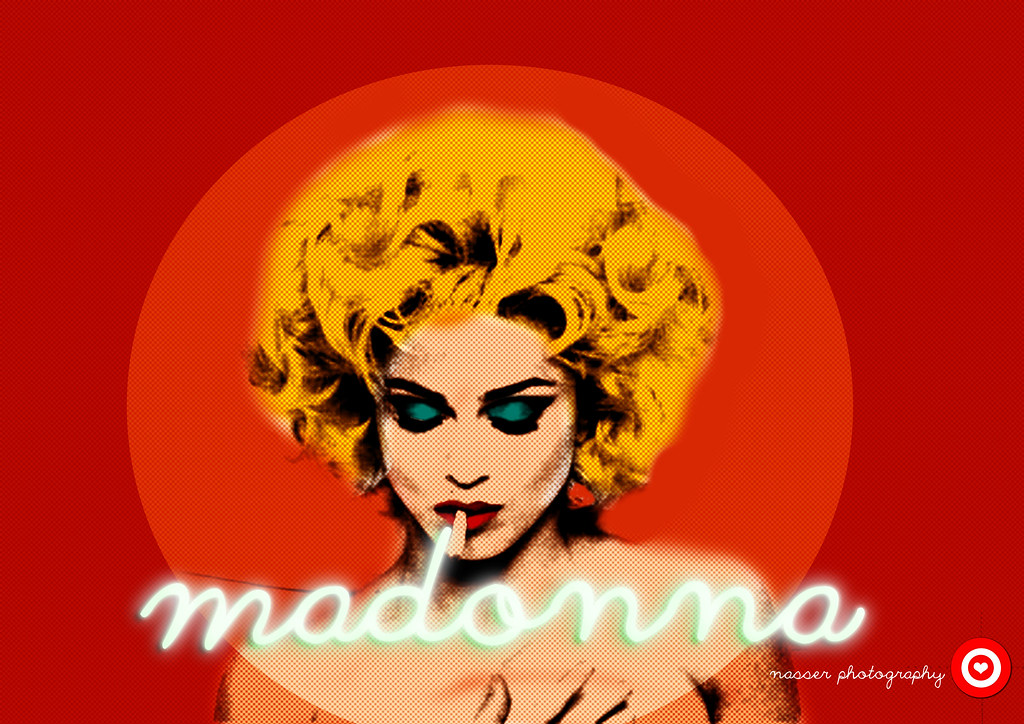
5. **Madonna’s Brooklyn Brawl: More “Celebration Tour” Delays**Just as Madonna was navigating her Miami legal challenge, another lawsuit emerged from the North American leg of her “Celebration Tour,” further highlighting her propensity for late starts. This time, it was Brooklyn, New York, where Michael Fellows and Jonathan Hadden decided to take a stand against the pop icon, Live Nation, and the Barclays Center for a concert held on December 13, 2023.
The heart of their complaint? The tickets clearly stated an 8:30 PM start time, but Madonna didn’t grace the stage until sometime between 10:45 PM and 11:00 PM – a delay of over two hours. This meant the show didn’t wrap up until a disruptive 1:00 AM, leaving concertgoers in a rather tricky predicament. The fans found themselves “confronted with limited public transportation, limited ride-sharing, and/or increased public and private transportation costs” at such a late hour.
Beyond the transportation woes, Fellows and Hadden also pointed out the real-world impact of such delays, complaining that they “had to get up early to go to work and/or take care of their family responsibilities the next day.” This isn’t just about entertainment; it’s about the everyday lives of fans who plan their schedules around advertised times. They accused the defendants of “unconscionable, unfair, and/or deceptive trade practices” for promising an 8:30 PM start, knowing Madonna’s track record.
The lawsuit, filed in Brooklyn federal court, seeks class-action status, suggesting that these delays were not isolated incidents but a pattern across the “Celebration Tour.” Madonna’s management and Live Nation quickly fired back, acknowledging a technical issue during the soundcheck on December 13th but asserting their intent to “defend this case vigorously.” It seems Madonna’s long history of lateness is finally catching up with her, turning her “Celebration Tour” into a legal battleground.
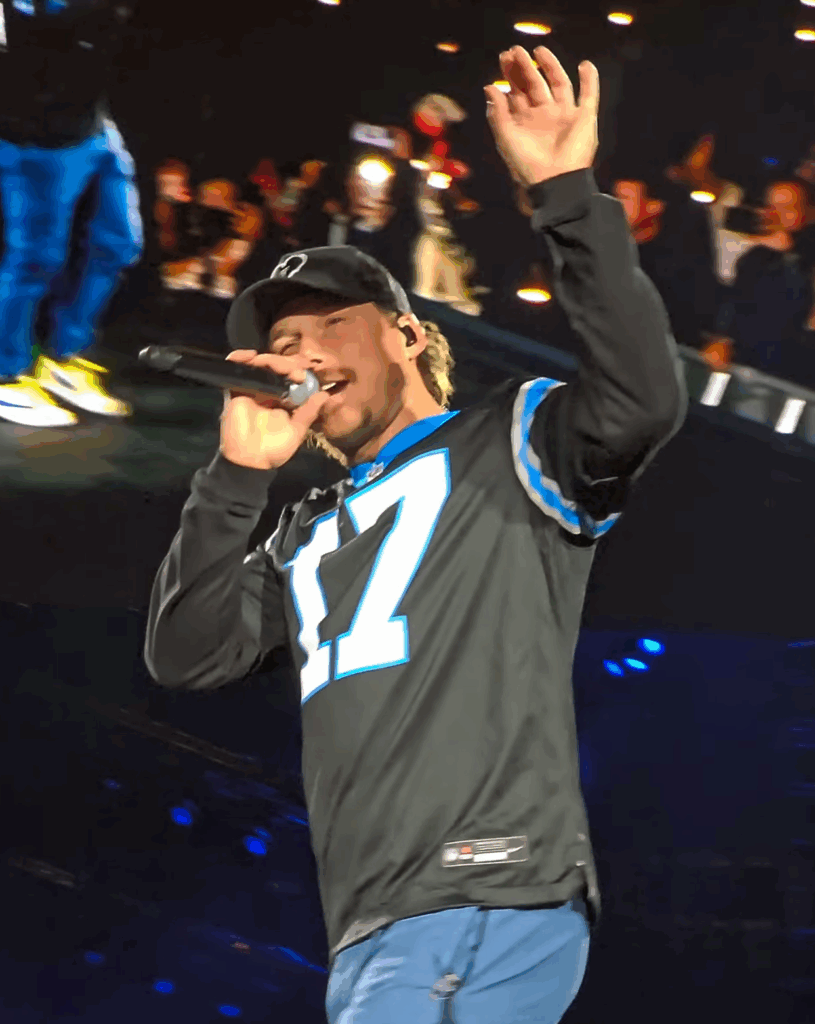
6. **Morgan Wallen’s Last-Minute Cancellation Calamity**Concerts are usually about exhilarating performances, but sometimes, the biggest drama unfolds before a single note is played. That was certainly the case for country megastar Morgan Wallen, who faced a furious backlash and a lawsuit after canceling a sold-out show at the University of Mississippi’s Vaught Hemingway Stadium at the very last minute in April 2023. Talk about leaving fans hanging!
Thousands of fans had packed the stadium, eagerly awaiting the “Last Night” hitmaker, when a message appeared on the screen, stating that Wallen had lost his voice and would be unable to perform. The announcement came at his *scheduled set time*, not hours in advance, leaving concertgoers stunned and utterly irate. While Wallen’s team quickly issued full refunds, for many, the financial compensation didn’t make up for the travel, hotel costs, and sheer disappointment of a ruined night.
Among the outraged fans was Brandi Burcham, who decided to take legal action. She filed a lawsuit against Wallen for breach of contract and negligence, arguing that fans had a contractual expectation for him to perform, and his last-minute cancellation, even due to illness, breached that agreement. This move highlighted the growing sentiment among fans that a concert ticket is more than just a pass; it’s a binding promise.
Although Brandi Burcham ultimately dropped her lawsuit shortly after filing it, the incident served as a potent symbol of fan frustration. It sent a clear message that while artists have bad days, the sudden cancellation of a highly anticipated, expensive event carries significant consequences for fans, and some are willing to explore all avenues, including legal ones, to voice their disappointment and demand accountability. The show might have been canceled, but the conversation about artist responsibility was just beginning.” , “_words_section1”: “1948
Alright, buckle up, because if you thought the first half of our legal rollercoaster was wild, you haven’t seen anything yet! We’ve already peeled back the curtain on some truly unbelievable concert dramas, but the saga of fans suing their favorite pop stars runs even deeper, touching on everything from repeat tardiness to the nitty-gritty of contractual obligations. It’s a fascinating look at how the relationship between artist and audience is constantly being redefined, sometimes right in the courtroom.
As tickets get pricier and concerts become highly anticipated events, the stakes for both performers and attendees are higher than ever. Fans are no longer just passive consumers; they’re active participants with evolving rights and expectations. So, let’s dive into another six significant instances where fans decided enough was enough, pushing the boundaries of celebrity accountability and consumer rights in the dazzling, and sometimes litigious, world of live music.
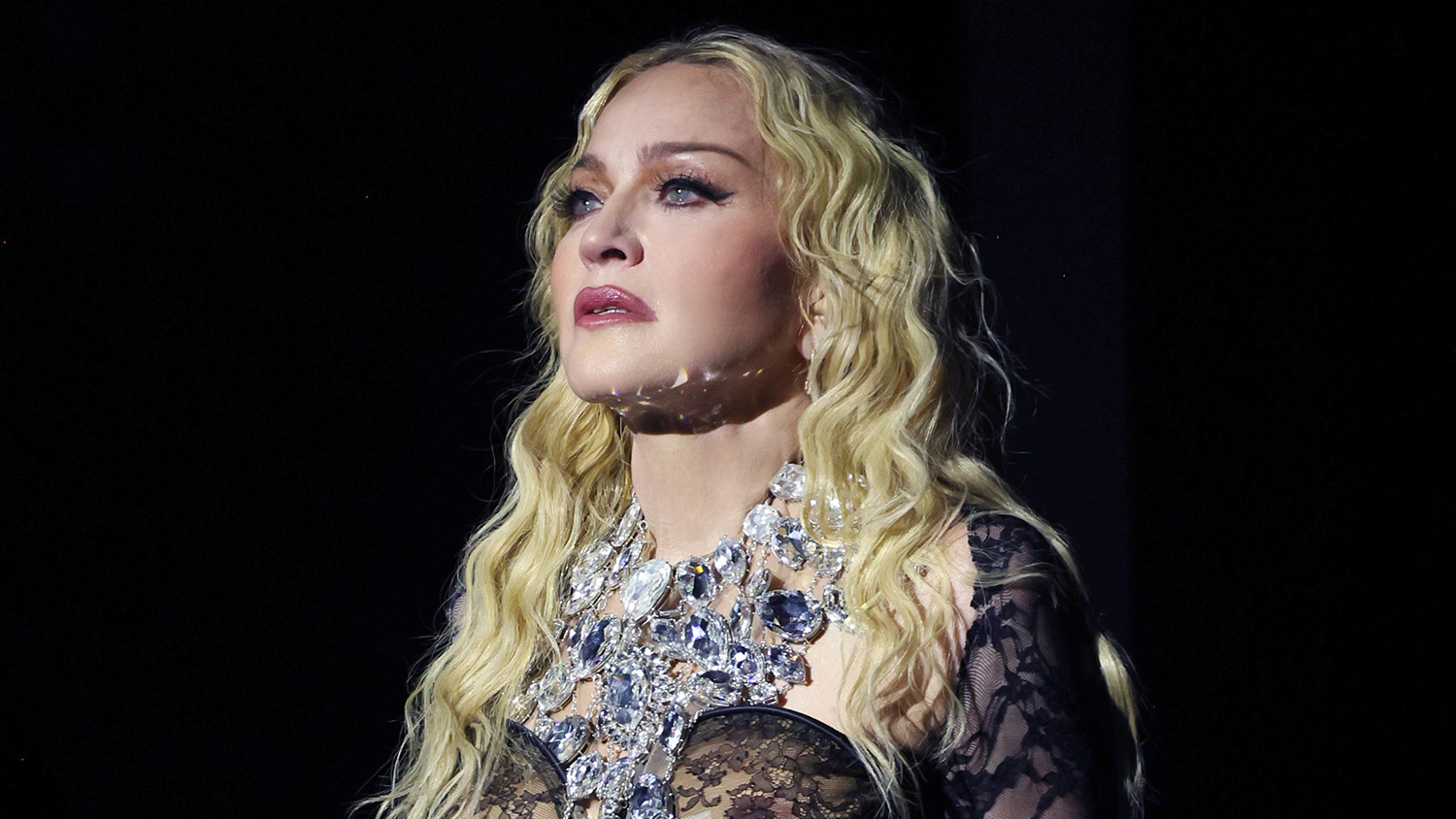
7. **Madonna’s Madame X Tour: The Nate Hollander Case**Speaking of Madonna, it turns out her recent ‘Celebration Tour’ legal woes aren’t a new phenomenon. The Queen of Pop has quite the track record when it comes to concert delays, and her ‘Madame X Tour’ from 2019-2020 was a particular hotbed for fan frustration that spilled into legal battles. One notable instance involved a Florida man named Nate Hollander, who decided to take Madonna and Live Nation to court in November 2019.
What was his beef? Hollander alleged that a concert he bought tickets for had its start time moved two hours later than originally planned. For him, this wasn’t just an inconvenience; it meant the show would end so late that he simply couldn’t attend. Imagine making plans, buying tickets, only for the goalposts to shift, making your entire evening impossible. That’s a pretty raw deal, even for a superfan.
This particular complaint highlights a different nuance of concert disappointment: not just an artist showing up late, but a fundamental change to the advertised schedule that impacts a fan’s ability to even be there. Hollander argued that this change constituted a breach of contract, as the terms of his ticket had effectively been altered without his consent or consideration for his schedule.
Interestingly, Nate Hollander’s lawsuit was voluntarily dismissed just a month after it was filed. While it didn’t proceed through a lengthy court battle or result in a major judgment, the case still served as a powerful signal. It showed that fans were closely watching and willing to challenge perceived injustices, putting artists and promoters on notice about their responsibilities regarding advertised event details.
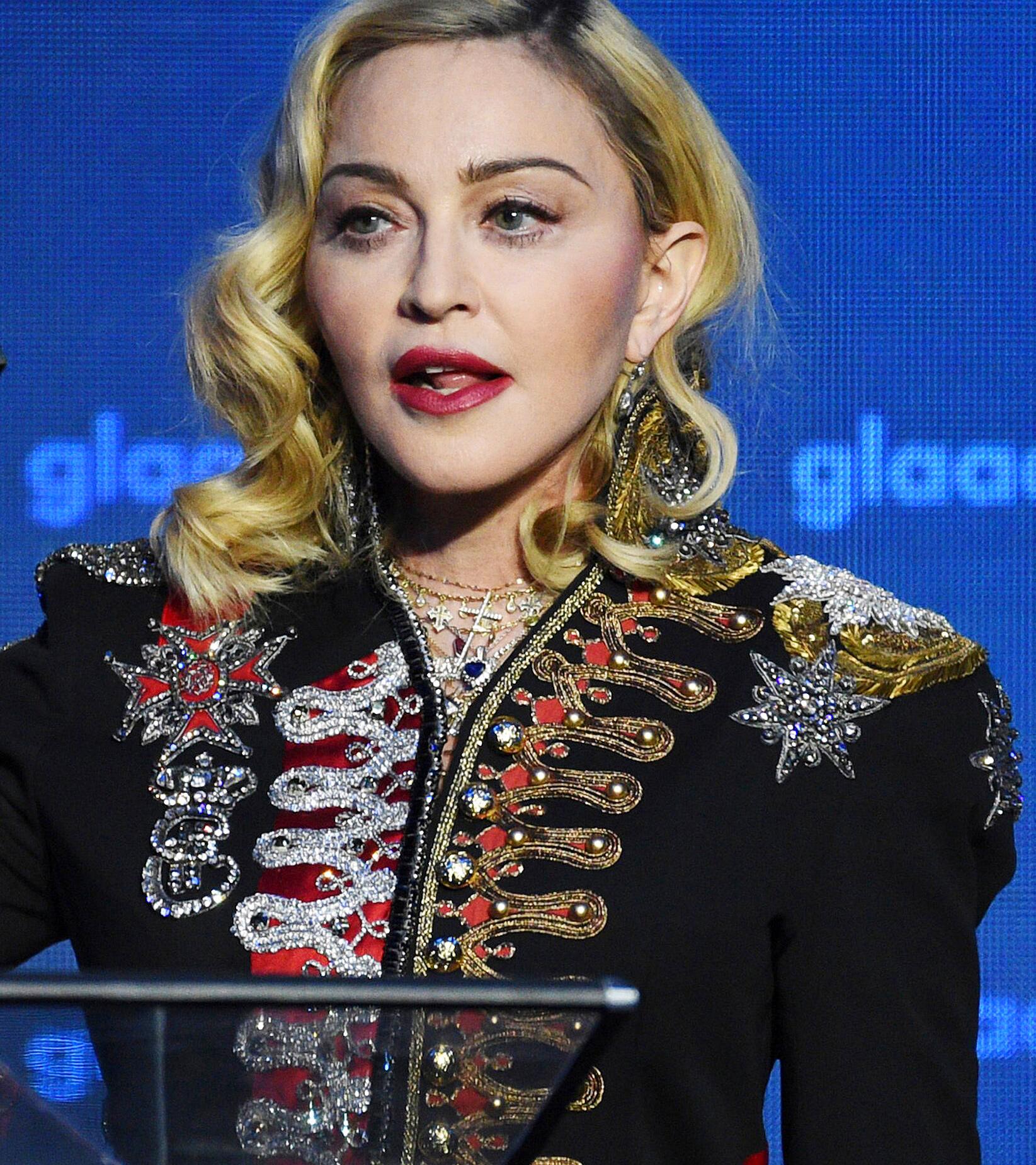
8. **Madonna’s Madame X Tour: General Lateness Lawsuit**Madonna’s ‘Madame X Tour’ seemed to be a proving ground for the patience of her fans, and it generated multiple legal challenges beyond the specific circumstances of Nate Hollander’s case. It truly underscored a pattern of late starts that irked concertgoers, leading to a broader lawsuit in 2020 that sought to hold the pop icon accountable for her recurring tardiness.
While the specifics of this general lawsuit are less detailed than some of the others, the core complaint remained the same: Madonna was consistently starting her shows hours after the advertised time. This ongoing issue wasn’t just a minor annoyance; it disrupted fans’ plans, caused logistical nightmares, and for many, felt like a blatant disrespect for their time and hard-earned money.
This particular legal action, filed by unspecified concertgoers in 2020, aimed to address this pervasive issue across the tour. It highlighted how frustrating it is for attendees who plan their entire evening—from childcare to transportation—around a scheduled start time, only for it to be ignored. The lawsuit ultimately reflected a growing sentiment that celebrities should not be above the rules of a basic contractual agreement.
The context states that this lawsuit was ultimately dismissed. Despite its outcome, the very existence of such a suit, following on the heels of other complaints from the ‘Madame X Tour’, served a critical purpose. It contributed to the ongoing conversation about celebrity accountability and solidified the idea that fans were increasingly willing to push back against artists who habitually failed to meet basic performance expectations.
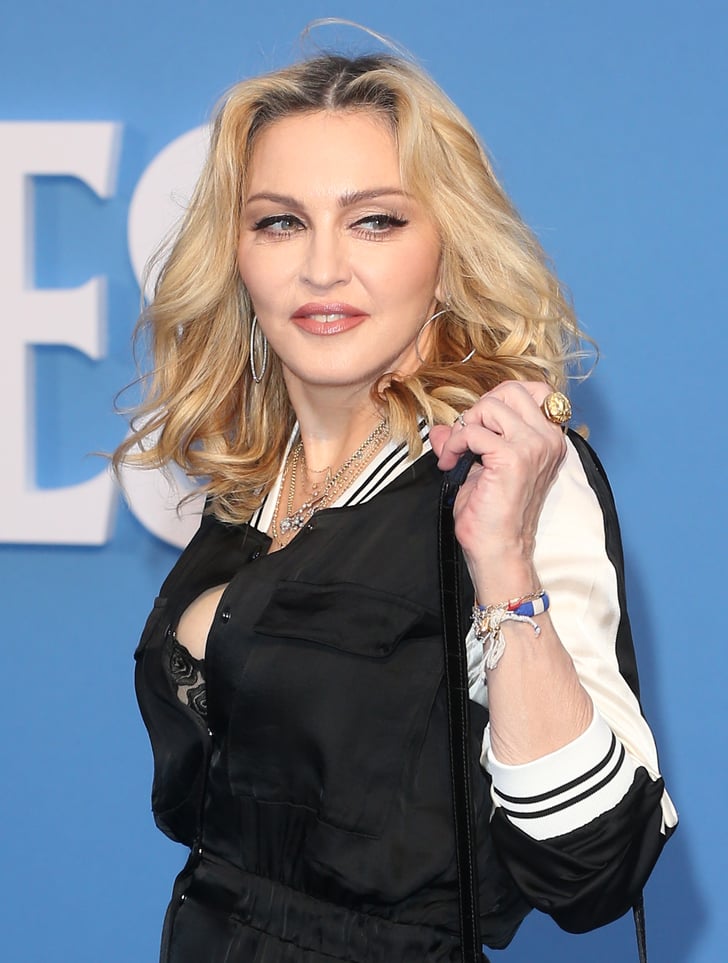
9. **Madonna’s Madame X Tour: The Panos and Velotta Settlement**Continuing the narrative of Madonna’s ‘Madame X Tour’ and its legal fallout, another significant case emerged in February 2020, this time from Brooklyn, New York. Andrew Panos and Antonio Velotta took legal action against Madonna, Live Nation, and the Brooklyn Academy of Music, claiming serious disruptions due to the pop star’s delayed appearances at her shows.
Their complaint mirrored the frustration of many: tickets for the shows clearly stated a specific start time, but Madonna didn’t take the stage until more than two hours after. This lengthy delay meant that the concerts wrapped up well into the early morning hours, creating significant problems for attendees, particularly concerning late-night public transportation, ride-sharing availability, and increased costs.
Panos and Velotta’s lawsuit emphasized the real-world impact of such delays, pointing out how they affected concertgoers’ ability to get home, as well as their next-day work and family responsibilities. They accused the defendants of “unconscionable, unfair, and/or deceptive trade practices,” arguing that advertising an 8:30 PM start time while knowing Madonna’s history of lateness was misleading and unacceptable.
In a key development, Panos and Velotta’s case did not simply get dismissed like some others. Instead, they reached an unspecified settlement in July 2020, after which the lawsuit was voluntarily dismissed. This outcome demonstrated that in some instances, fan complaints about concert delays can indeed lead to tangible resolutions, underscoring the growing power of consumer rights in the live entertainment sphere.
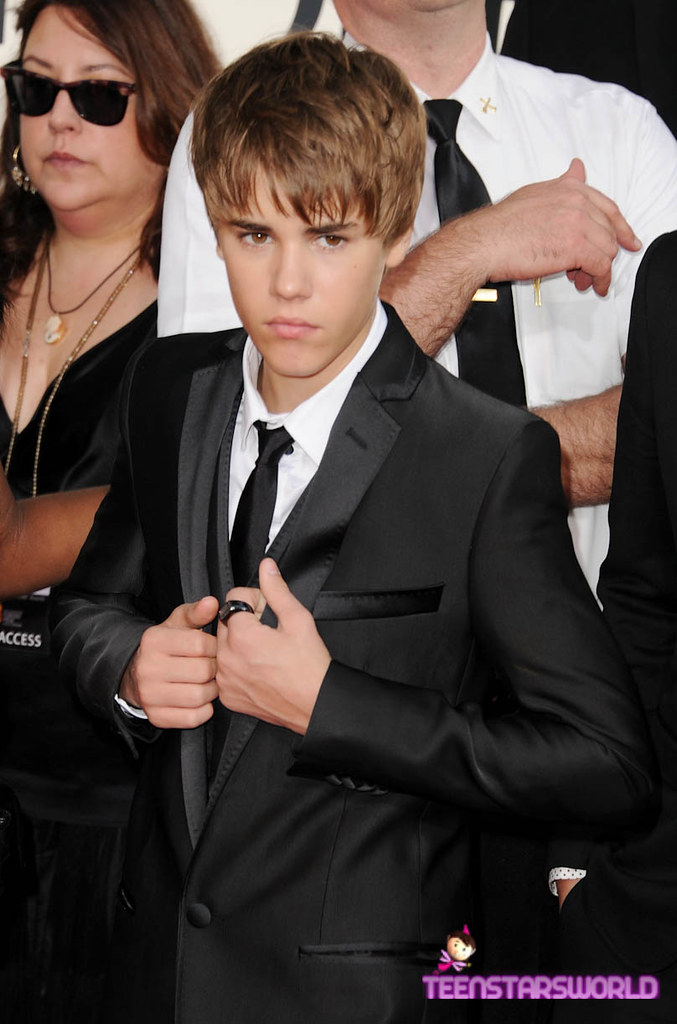
10. **Justin Bieber’s 2013 Lateness Lawsuit**Move over, screaming fans! While we previously touched on a unique lawsuit against Justin Bieber involving alleged hearing loss from enthusiastic Bieliebers, the pop sensation also faced legal action for a more common concert complaint: tardiness. Back in 2013, Bieber found himself in the legal crosshairs of fans who were thoroughly fed up with being left waiting for hours before his shows.
This lawsuit from 2013 highlighted a recurring issue that plagues many a pop concert, especially with artists known for their “rock star” eccentricities. Fans, having paid significant sums and dedicated their time, arrived at the venue only to endure prolonged delays before Bieber finally graced the stage. This waiting game often extends well beyond a tolerable grace period, transforming anticipation into irritation.
The essence of the fans’ complaint was simple: a ticket implies a reasonable expectation of performance at or near the advertised time. When artists consistently disregard this, it’s not just an inconvenience; it’s a perceived breach of the unspoken contract between performer and audience. These delays often affect travel plans, childcare arrangements, and work schedules for the following day, making the disappointment tangible.
While the specific outcome and detailed allegations of this 2013 lawsuit are not exhaustively detailed in the context, its mention among similar cases against high-profile artists signifies its importance. It demonstrates that even for a global phenomenon like Justin Bieber, fan patience has its limits, and the legal system can be seen as an avenue for expressing that frustration and seeking accountability for wasted time and disrupted plans.

11. **Kanye West’s 2016 Lateness Lawsuit**Kanye West, never one to shy away from controversy or making a grand statement, also found himself on the receiving end of a fan lawsuit in 2016, and the cause was, you guessed it, lateness. The visionary artist, known for pushing boundaries in music and fashion, apparently pushed the boundaries of fan patience a little too far with his “late showings” at concerts.
This legal action emerged from disgruntled concertgoers who experienced firsthand the frustration of West’s habitual delays. Imagine arriving at an arena buzzing with excitement, only for the stage to remain dark, the anticipation slowly eroding into annoyance as the hours tick by. For fans who had invested not just money but also significant time and travel, these prolonged waits were unacceptable.
Kanye’s legal troubles over his punctuality (or lack thereof) underscore a broader industry challenge. While some artists’ lateness is attributed to technical issues or unforeseen circumstances, a pattern of delayed starts begins to look less like an accident and more like a deliberate disregard for the audience’s time. This can lead to accusations of false advertising, as the advertised start time becomes virtually meaningless.
The lawsuit against Kanye West serves as another data point in the growing trend of fans holding artists to account for basic professional standards. While the specific resolution of this 2016 case isn’t detailed, its existence highlights that no amount of artistic genius or star power can completely insulate a performer from the legal repercussions of consistently failing to meet the foundational expectations of their ticket-buying audience.
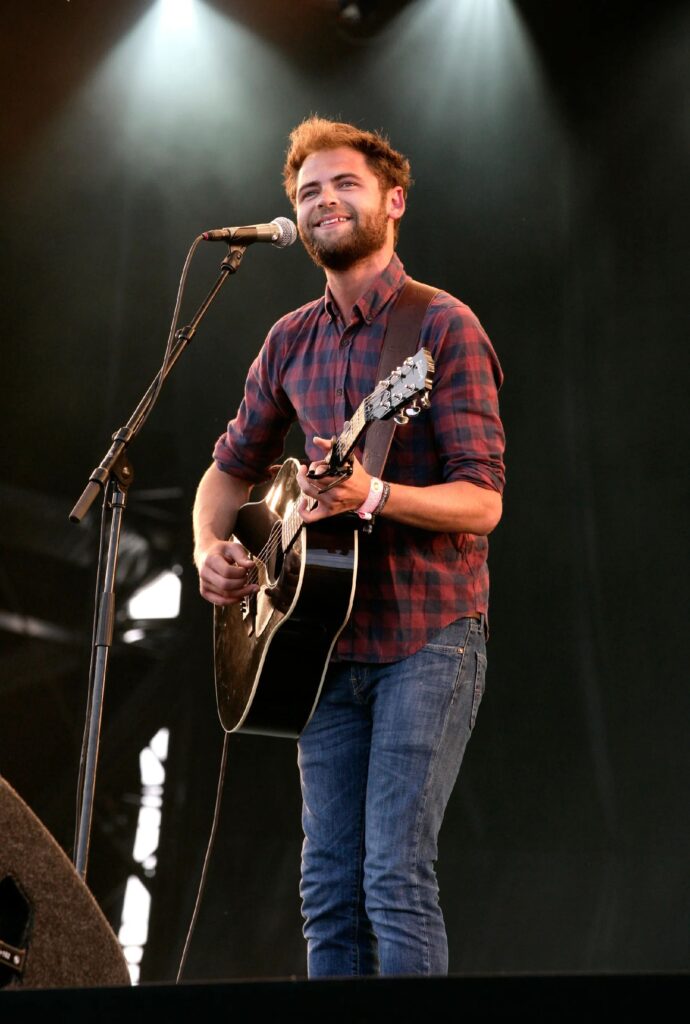
12. **The Rolling Stones’ 2019 Lateness Lawsuit**Even rock and roll royalty isn’t immune to the legal scrutiny of fed-up fans! The legendary band, The Rolling Stones, who have been thrilling audiences for decades, were hit with their own concert delay lawsuit in 2019. This time, the complaint stemmed from a concert delay in New Jersey, proving that even iconic status doesn’t grant a free pass for punctuality.
For fans of The Rolling Stones, seeing Mick Jagger and Keith Richards on stage is often a once-in-a-lifetime experience, making the investment in tickets, travel, and time all the more significant. When a band of this magnitude, whose career spans generations, causes a delay, it still leads to considerable disappointment, proving that generational appeal doesn’t diminish the expectation of a timely show.
The lawsuit over this New Jersey concert delay adds another layer to our understanding of the evolving fan-artist contract. It suggests that whether you’re a fresh-faced pop idol or a seasoned rock legend, the expectation for a reasonably timed performance is universal. The financial and emotional commitment from fans remains constant, irrespective of the artist’s discography or historical impact.
While the specifics of the lawsuit against The Rolling Stones are not fully elaborated in the context, its inclusion alongside other high-profile cases reinforces the central theme of this article: that concertgoers are increasingly empowered and willing to use legal avenues to express their dissatisfaction. This collective push is steadily reshaping the landscape of live music, holding even the biggest names in entertainment to a new standard of accountability.
So, what have we learned from this incredible journey through pop stars and lawsuits? It’s clear the stage isn’t just for dazzling performances anymore; it’s also a potential battleground for consumer rights and celebrity accountability. From allegedly intoxicated performances and fan-induced hearing loss to habitual lateness and disputed setlists, fans are sending a clear message: a concert ticket isn’t just a pass, it’s a contract.
As Marcie Allen, an industry leader in concert programming, wisely puts it, “There is no show without the artist-fan relationship, so of course an artist owes ticket buyers a quality performance for their money.” That means a reasonably long show that starts more or less on time. The legal skirmishes we’ve explored might not always result in groundbreaking judgments, but they’re certainly forcing a re-evaluation of what fans can expect when they spend their hard-earned money. These lawsuits, whether dismissed or settled, are pivotal in shaping the future of live entertainment, reminding everyone involved that mutual respect and clear expectations are the real anthems of a healthy artist-fan relationship.


